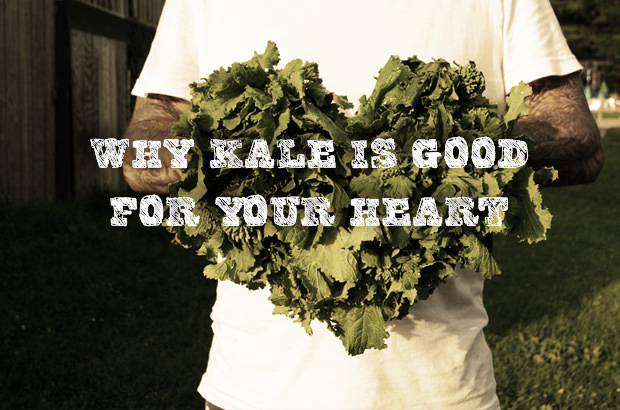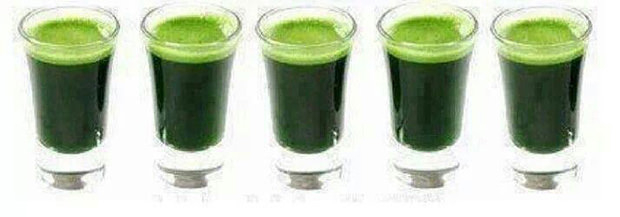
Why Kale Is Good For Your Heart

Posted on 20 Nov, 2022

Kale is packed with nutrition that puts it high on the list of the world's healthiest foods. Of the many benefits you can reap from eating kale, the one we will be looking at today is its impact on heart health.
Omega 3 And 6
Kale has a good balance of omega-3 and omega-6 fatty acids, necessary for heart health. And while kale is not as concentrated in omega-3s as some of the other cruciferous vegetables—and certainly not in the same category as walnuts or salmon—it still provides us with a significant amount of alpha-linolenic acid (ALA), the basic building block for all omega-3 fats. From less than 100 calories' worth of kale, we can get over 350 milligrams.
[Related: The 9 Safest Seafood Options]
Potassium
Kale is also a good source of potassium, with about 8 percent of the recommended daily intake per cup but significantly fewer calories than most high-potassium foods, such as bananas. Potassium, according to the American Heart Association, is an essential part of heart health because it promotes vasodiliation and lowers blood pressure.
 One study of 12,000 adults, published in Archives of Internal Medicine, showed that those who consumed 4,069 milligrams of potassium each day lowered their risk of cardiovascular disease and ischemic heart disease by 37 percent and 49 percent, respectively, compared to those who took 1,793 mg per day.
One study of 12,000 adults, published in Archives of Internal Medicine, showed that those who consumed 4,069 milligrams of potassium each day lowered their risk of cardiovascular disease and ischemic heart disease by 37 percent and 49 percent, respectively, compared to those who took 1,793 mg per day.
Bile Acid Sequestrants
Kale contains bile acid sequestrants, which can lower cholesterol levels. One study found that daily consumption of kale juice for 12 weeks increased HDL (the “good”) cholesterol by 27% and lowered LDL levels by 10%, while also improving antioxidant status.
Kale can provide you with some special cholesterol-lowering benefits if you will cook it by steaming. The fiber-related components in kale do a better job of binding together with bile acids in your digestive tract when they've been steamed. When this binding process takes place, it's easier for bile acids to be excreted, and the result is a lowering of your cholesterol levels.
Steamed kale is actually 43% as potent as cholestyramine, a cholesterol lowering drug that functions in this way. Raw kale still has cholesterol-lowering ability—just not as much.
Vitamin K
Vitamin K is associated with heart health and blood clotting. According to the Linus Pauling Institute of Oregon State University, vitamin K is an essential factor in blood clotting and lack of it can cause hemorrhages. There are also suggestions that vitamin K might reduce the risk of heart disease because without it, mechanisms that stop the formation of blood vessel calcification might become inactive.

High Fiber
One of the benefits of kale’s high fiber content is that fiber is essential for cleansing and detoxifying the body as well as helping to lower cholesterol. Fiber helps lower cholesterol levels because it picks up excess cholesterol compounds in your gut and pushes them out in the elimination process.
It only takes 200 calories' worth of kale to provide 14 grams of fiber — substantially more than the average U.S. adult gets in an entire day after a diet of 2,000 calories.
[Related: Different Types Of Fibre And Their Health Benefits]
Our Favorite Salad Recipe Books

by Jeanne Kelley

by Terry Hope Romero

by Michele Anna Jordan

by Julia Mirabella
 Intelligent Ways To Lose Fat
Intelligent Ways To Lose Fat The Best Exercises For Carpal Tunnel Syndrome
The Best Exercises For Carpal Tunnel Syndrome Common Food Labelling Tricks
Common Food Labelling Tricks Spices With Benefits
Spices With Benefits










